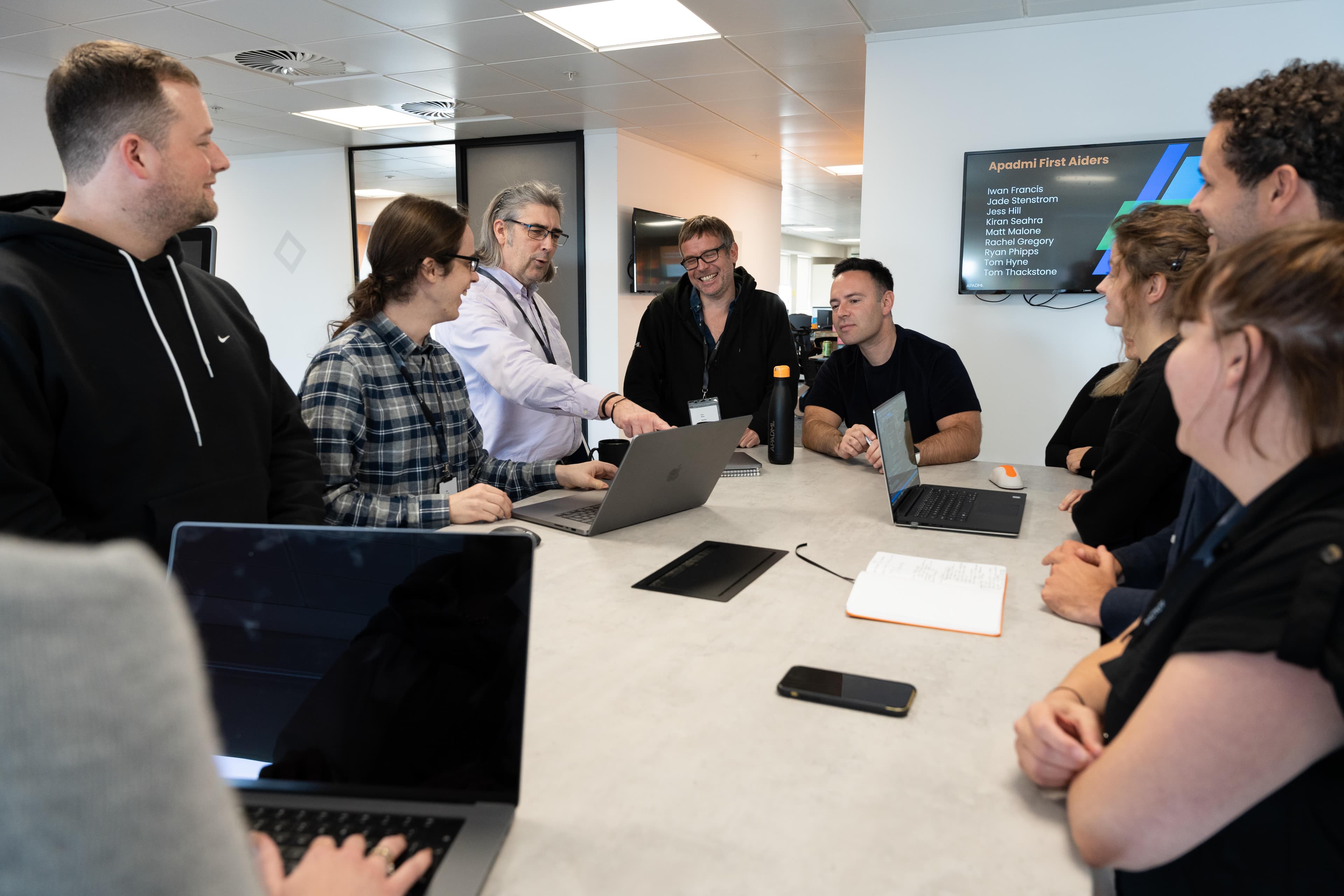Ignoring user needs costs time and money - how can User Research help?
Downloads, sales, revenue; we use these metrics to measure an app’s success, but there is one metric that is often overlooked - your users’ feelings. How users feel about your app, and its usability, is a huge success factor that we should all be paying more attention to, and is directly linked to your key metrics.
55% of consumers won’t return to an app and mobile website after having a poor user experience. This could be due to poor functionality, unpleasant UX, or lack of accessibility features; whatever the reason, this can be costly for businesses and brands.
That means that even if your downloads continue to grow, there will be consequences if the experience you are providing for your users doesn’t meet their expectations. You could see your deletions rise, your number of active users decrease, your brand trust dwindle and ultimately, this could negatively impact your cost per acquisition, customer retention, and sales and revenue.
If you’re finding your growth stagnating, or even lagging behind, you need to stop ignoring how your app makes users feel. It’s time to address the user-shaped elephant in the room; the best way to do this is through User Research.
Tell me what you want, what you really really want
User Research is the most effective method for finding out what your users really want from your product. Whether you are still in the development stage, or you have a well-established app or website, there are benefits of research at any step of your mobile journey.
User Research uses both qualitative and quantitative methods to collect and analyse behavioural patterns, providing invaluable insights that can positively influence your product roadmap.

Apadmi’s User Researcher Lead Peta Court explains “Through activities such as interviews, focus groups and studies, we can then identify solutions for customer centric improvements, allowing your product to stay competitive, relevant and usable”.
This is an opportunity to actively listen and take feedback onboard; it may not all be pretty, but the more eye-opening the better as this allows you to understand what users really want, where the gaps are, and how you can fill them.
Data-driven decisions can transform your product
The key to building a successful product that users love is truly understanding your users’ needs, frustrations and motivations as early as possible through User Research.
Peta explains “If you can solve a real problem for your users, they’re more likely to use your product”
“User Research gives you the power to make data-driven decisions that you know are right for your users and your business.”
By making data-driven decisions based on User Research, you can transform your app or website into one that you know your users are excited to use, and in turn you are able to unlock latent value from your product.

Take action now, or pay for it later
Quite often, initial time or cost restrictions mean that you might not consider User Research until later on in the lifecycle of your app or website.
Peta explains “this is simply too late - if there is a problem later on in the life of an app or website, it’s going to take a lot more time than money to go back and fix it”.
“When we don’t include User Research earlier on in the process, we’re essentially guessing what users want - and those guesses could be expensive if we get it wrong.”
In fact, studies have shown that the cost of fixing something after development is 100x that of fixing it before development.
The sooner you can get to the heart of what your users really want, the sooner you can address any issues and fix them. The more you delay doing this, the more time and money it will take in the future to go back and correct mistakes. See this as a vital investment into your product’s longevity.
Identifying gaps in accessibility
In the UK, almost 1 in 5 people have a disability of some kind, and there are many more people who also have a temporary impairment like an illness or injury. This means that ignoring how these users feel about your digital products could exclude a huge number of potential customers.
Spending time mapping out user journeys and user stories to represent users with accessibility needs can help make your product more inclusive - and spending time with these users allows you to more accurately understand their needs and build usable journeys and interfaces.
Identifying, and addressing, crucial accessibility gaps for can greatly improve overall user experience and satisfaction, in a variety of situations, across different devices and for a wide range of users. Improved accessibility can increase user retention, enhance your brand and reputation, drive innovation and extend your market reach.
As mentioned above, the sooner you can start with user research, the better - and the same applies here, the sooner you can include users with access needs in this research, the better. It is also important to consider including users with a range of needs for wide representation.

Find a User Research team that shares your vision and values
Undertaking User Research alone can be a daunting task, especially if it’s not an activity you have carried out before.
Finding a partner with experience in understanding complex user journeys and needs is essential for anyone looking to swiftly and efficiently get to the bottom of what their users feel.
Here at Apadmi, we have a dedicated User Research team with a deep understanding of how to leverage research to uncover opportunities for improvement and growth for your product.
Whether you are at the very beginning of your digital journey and you’re looking for insights to build your product upon, or you have an existing product in desperate need of some TLC; we’re able to provide you with the support you need.
Contact us today to find out more about our User Research services and how they can help your product realise its full potential.
Share




